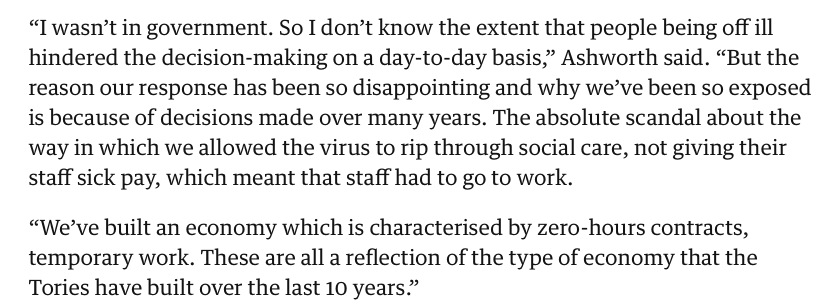
Really interesting and important new report today from Alex Morton, our housing guru at @CPSThinkTank. A quick thread/summary (1/?) cps.org.uk/research/the-h…
We want and need to build more houses. Cameron-era planning reforms focused on land supply, by pushing for more planning permissions to be granted. But this only translated partially/weakly into more houses being built. 

It's often claimed that land banking by the big housebuilders is the culprit. And as Alex shows, they have certainly built up v significant reserves - the biggest housebuilders now have plots equivalent to the five-year land supply for England. 

But the core problem isn't 'land banking', but build out speed (as the Letwin Review identified). It's not that they're sitting on these sites while land values rise. It's that they're only bringing them into the system slowly.
One of the key themes of housing reform has been to try to get more SMEs involved and smaller sites - not least because that means houses get built more quickly, and you get a bigger variety of house (which means more people want to buy them).
But even as supply has risen over the past decade, the number of sites has actually shrunk: we're building more houses on fewer sites, which means they get built (and sold) more slowly.
Alex's suggestion is simple but radical: we effectively turn planning permissions into contracts to build. Rather than saying 'you can build something on this at some point', we say 'you have to build X houses a year over the next Y years'.
If builders fall short of promised delivery targets, plots on the site would be sold off to SMEs who would make up the deficiency. (And SMEs would also be prioritised in the disposal of public sector land.)
This means that rather than focusing on land supply, councils could focus on housing delivery - ie whether enough houses are actually being built.
It's a really interesting and challenging report, challenging many of our central assumptions about the housing industry. Alex has summarised this thesis on @ConHome here conservativehome.com/platform/2021/…
Or you can read the report on the @CPSThinkTank website. (And now, back to my holidays...) cps.org.uk/files/reports/…
• • •
Missing some Tweet in this thread? You can try to
force a refresh




